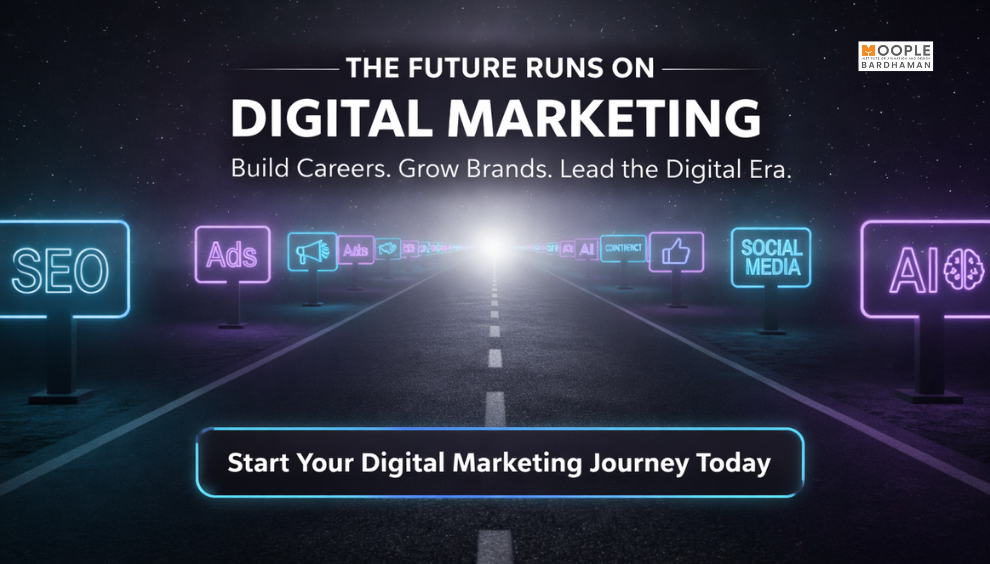What Is The Main Role Of SEO In Digital Marketing?
In today's digital age, where online presence reigns supreme, mastering the art of visibility is key to thriving in the competitive landscape of digital marketing. At the heart of this strategy lies Search Engine Optimization (SEO), a fundamental pillar that holds the power to elevate brands, drive traffic, and propel businesses towards success. Let's explore the main role of SEO in digital marketing and understand why it's an indispensable tool for achieving marketing objectives.
Enhancing Visibility and Ranking
At its core, SEO is all about enhancing a website's visibility on search engine results pages (SERPs) through strategic optimization techniques. By optimizing various elements such as keywords, meta tags, and content structure, SEO endeavors to improve a website's ranking for relevant search queries. A higher ranking translates to increased visibility, making it more likely for potential customers to discover the brand and its offerings. In essence, SEO acts as a digital beacon, guiding users towards valuable content and solutions that meet their needs.
Beyond Optimizing the Website
SEO focuses on optimizing for both organic and local search results, ensuring that businesses can reach their target audience effectively, whether they operate on a global scale or cater to a local clientele. By securing prominent placements on SERPs, brands can establish authority, credibility, and trust among users, ultimately driving higher click-through rates and engagement.
SEO's role extends beyond mere visibility; it's about creating meaningful connections between brands and consumers. By aligning website content with user intent and interests, SEO facilitates a seamless user experience, guiding visitors towards relevant information and solutions that address their queries and pain points.
Driving Quality Traffic and Leads
Traffic is the lifeblood that sustains online businesses. However, not all traffic is created equal. SEO plays a pivotal role in driving high-quality, targeted traffic to websites by attracting users who are actively seeking products or services related to the brand's offerings. By optimizing for specific keywords and phrases that align with user intent, SEO ensures that the traffic generated is relevant and likely to convert into leads or customers.
Additionally, SEO encompasses various tactics such as on-page optimization, link building, and content marketing, all of which contribute to attracting and retaining qualified leads. By creating valuable, informative, and engaging content that resonates with the target audience, brands can position themselves as authorities in their niche, earning the trust and loyalty of potential customers.
SEO's role in driving quality traffic extends to mobile optimization, voice search optimization, and other emerging trends that shape the digital landscape. With the proliferation of mobile devices and voice-enabled assistants, optimizing for these platforms has become essential for reaching users on the go and adapting to changing search behaviors.
Maximizing ROI and Long-Term Sustainability
Perhaps one of the most compelling aspects of SEO is its potential to deliver a high return on investment (ROI) and long-term sustainability for businesses. Unlike paid advertising, which requires ongoing investment to maintain visibility, SEO offers a more cost-effective and sustainable approach to digital marketing. By investing in SEO strategies that yield organic traffic and rankings, businesses can reduce their reliance on paid channels and enjoy a steady stream of leads and customers over time.
Moreover, SEO's impact extends beyond immediate results; it lays the groundwork for long-term success by building a strong foundation for online visibility and credibility.
Improves Algorithm Game
As search engines continue to evolve and refine their algorithms, websites that adhere to SEO best practices stand to benefit from increased visibility and authority, driving sustainable growth and profitability.
Additionally, SEO is a dynamic and adaptable discipline that evolves alongside changes in consumer behavior, technology, and search engine algorithms. By staying ahead of the curve and embracing emerging trends and best practices, businesses can future-proof their digital marketing strategies and maintain a competitive edge in their respective industries.
Conclusion
In the ever-evolving landscape of digital marketing, SEO remains a cornerstone of success, driving visibility, traffic, and leads for businesses across industries. By optimizing for search engines and user intent, businesses can enhance their online presence, attract quality traffic, and maximize ROI in the long run. As the digital ecosystem continues to evolve, embracing SEO as an integral part of the marketing strategy is essential for staying ahead of the competition and unlocking new opportunities for growth and success.





